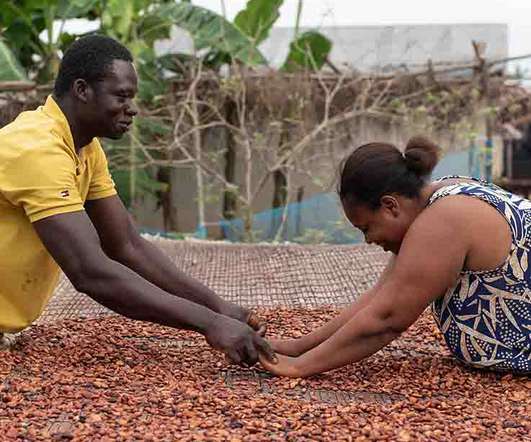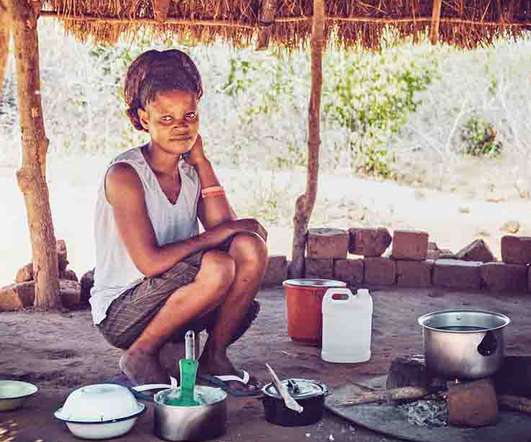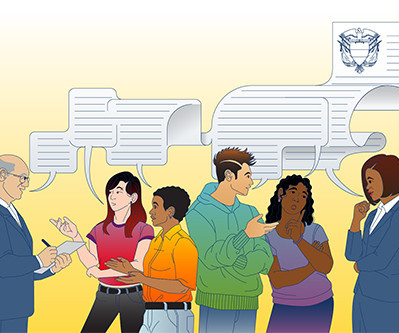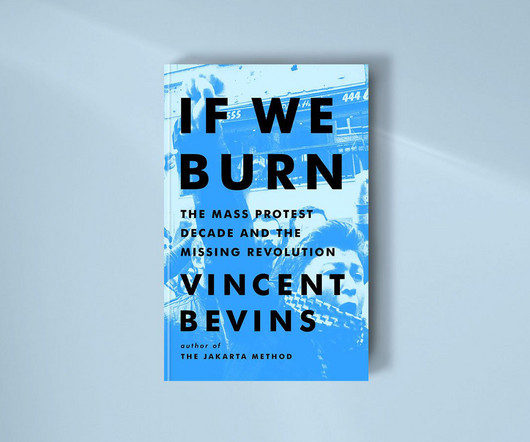Local Militias Step into Government Gaps
NonProfit Quarterly
JUNE 29, 2023
In recent years, the group, labeled by the Southern Poverty Law Center as right-wing extremists , has been painting a different picture of itself—as a disaster relief organization. Another member also pled guilty to obstruction in connection to January 6th in early June. The militia has two operation camps, one of which is in Sasabe.
















Let's personalize your content